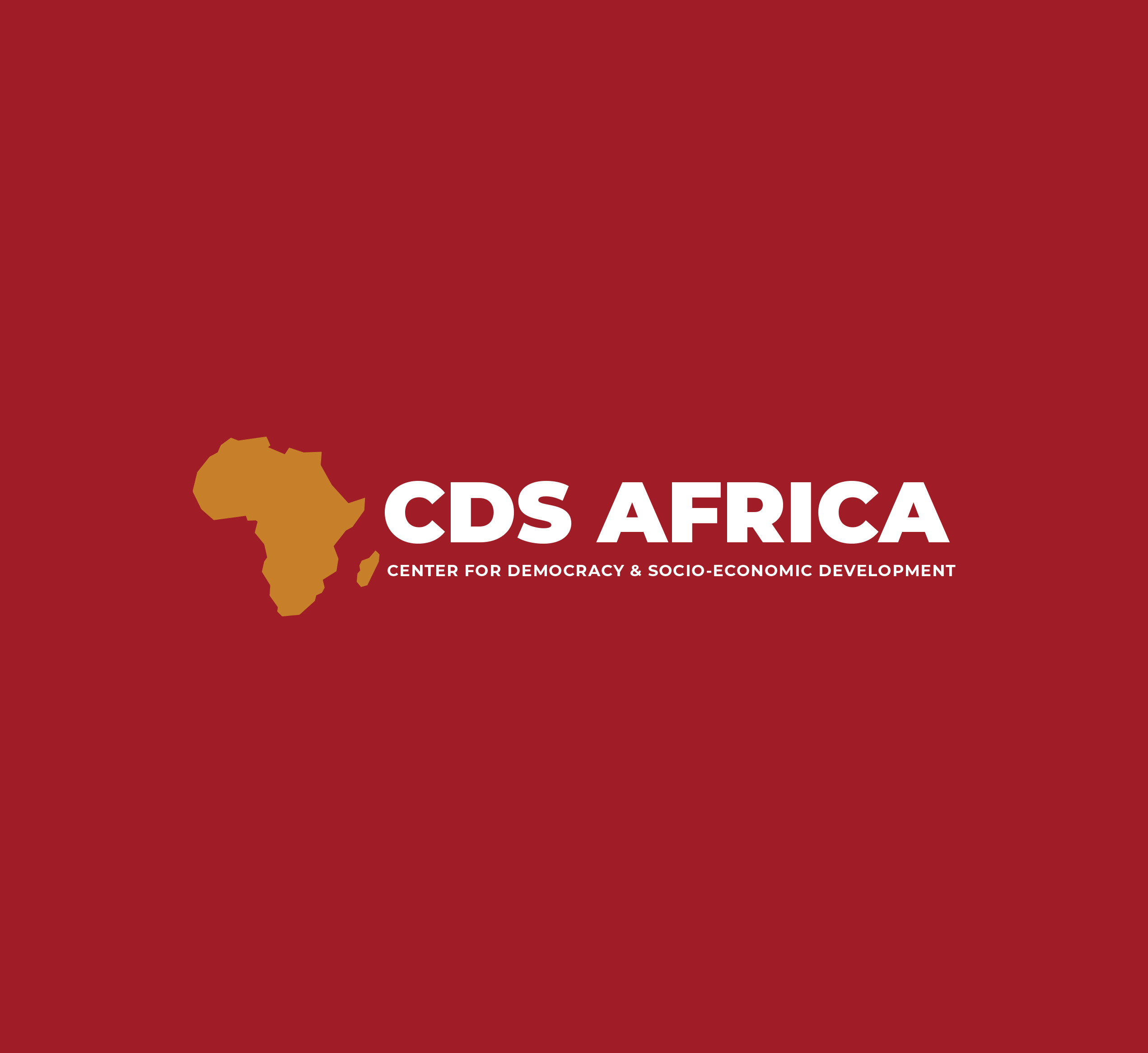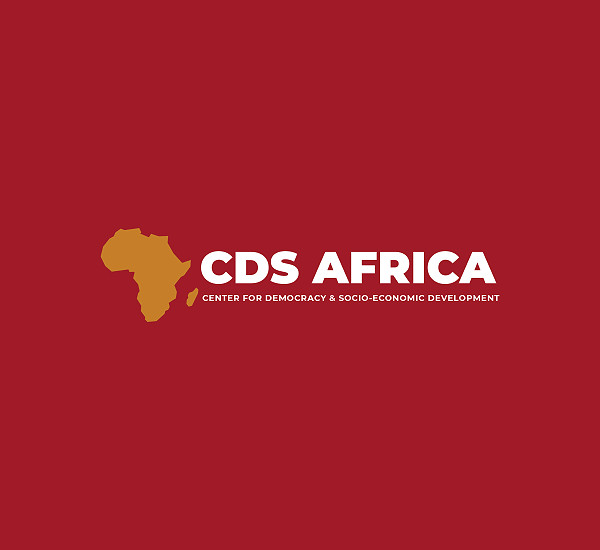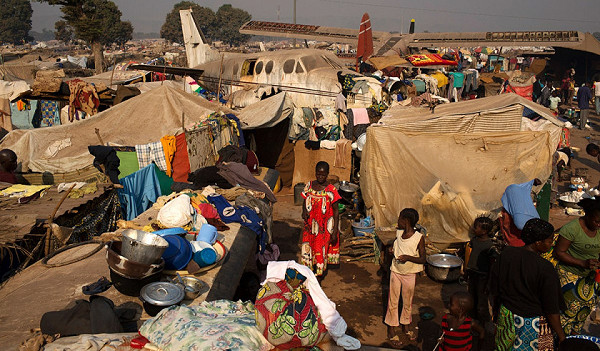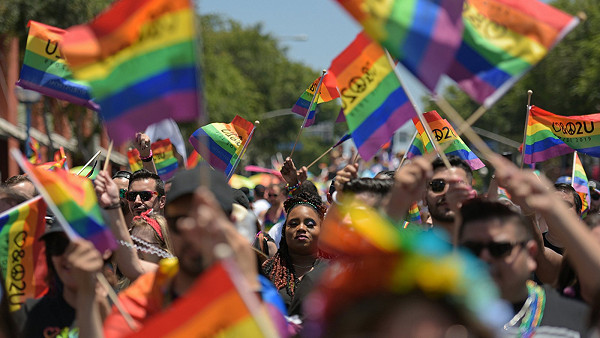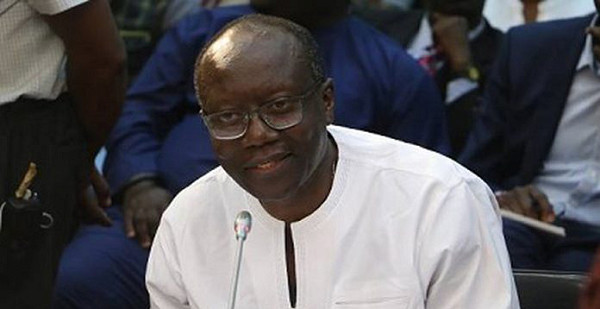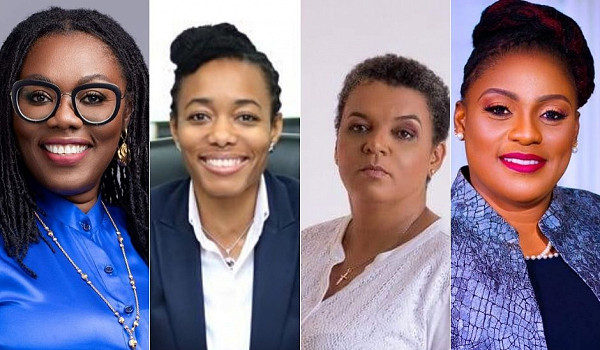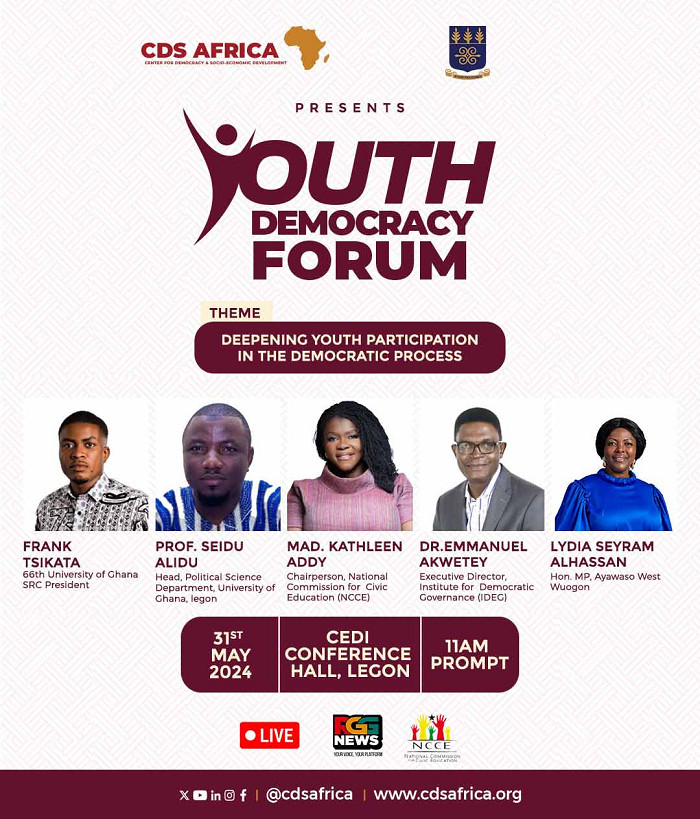Recently, it has become a common sight at traffic stops to see small children accompanied by their parents or guardians soliciting funds for medical treatment in the streets and marketplaces. While the intentions behind these pleas for financial assistance are often genuine and rooted in desperation for urgent medical attention, it is becoming a rather worrying trend to recognize that such practices can expose vulnerable children to exploitation and potential harm. Children are inherently vulnerable and deserve special protection by the society and the state.
Exploitation is significantly an issue of concern, as some unscrupulous individuals may take advantage of the child's situation for their own personal gains, putting the child in an even more precarious position. Upholding the rights of children and working in the best interest of the child are crucial in all circumstances, and therefore, alternative methods can be adopted to ensure children are not adversely affected when seeking or soliciting medical funds.
Further, the children may be exposed to additional harm to their person and psyche while being paraded in the streets. They may encounter some hazardous situations such as traffic accidents, exposure to extreme weather conditions, further injury to their already existing condition, as well as the impact to their emotional well-being, dignity, and self-esteem.
The United Nations Convention on the Rights of the Child (UNCRC) provides a comprehensive framework for protecting Children’s rights which includes the Right to Survival and
Development, Right to Protection, Right to Privacy and Dignity and Right to Education. Member states of which Ghana is a part are enjoined to adhere to these provisions.
The Children's Act, (1998) behooves the nation to uphold the rights of the child to life, dignity, respect, leisure, liberty, health, education, and shelter from their parents. The Act also stipulates that “every parent has rights and responsibilities whether imposed by law or otherwise towards his child which include the duty to protect the child from neglect, discrimination, violence, abuse, exposure to physical and moral hazards and oppression”.
The individuals who lead such street fundraising have been found to use the children for their own parochial interests, extorting a percentage of funds raised and, in some instances, absconding with the monies received for a day. While CDS Africa empathizes with parents who out of desperation to save their children’s lives, will resort to street fundraising, alternative and safer methods that also uphold their own dignity and that of their children can be employed to solicit funds without jeopardizing the well-being of children.
Community Outreach through engagement with the local community, religious organizations, and non-governmental organizations (NGOs) to raise awareness and collect donations for medical expenses are but a few options to use. Social Media, Online and crowdfunding platforms are options that can be used to share the child's story, raise awareness, and gather financial support. This approach allows for wider reach while ensuring the child's privacy and protection.
The government is also urged to revise the number and types of ailments and conditions that are covered by the National Health Insurance Scheme, so that parents would not have to bear the full cost of such expensive treatments alone. Let us collectively work towards a society that upholds the dignity, safety, and well-being of all its citizens, including children.

